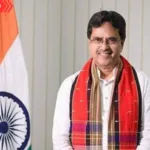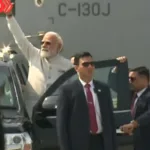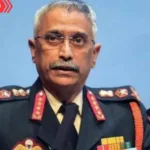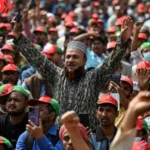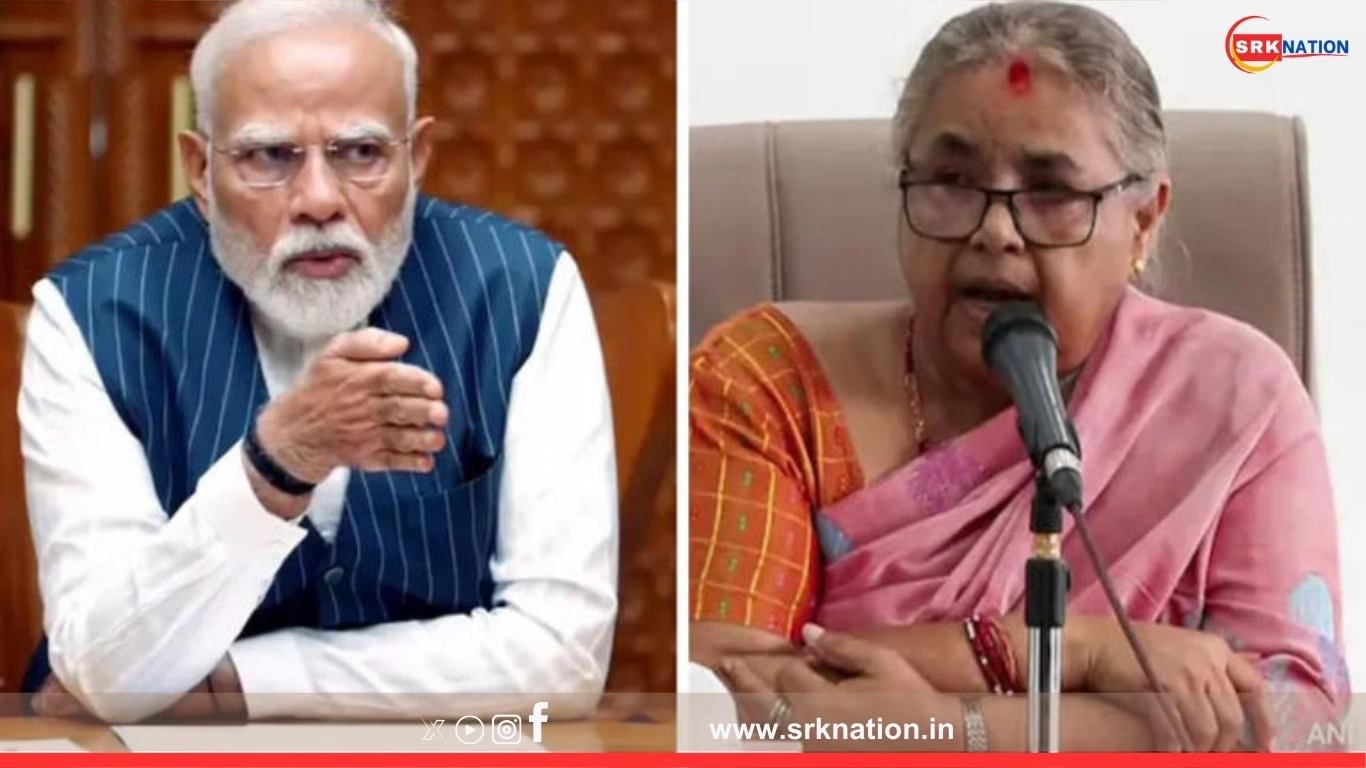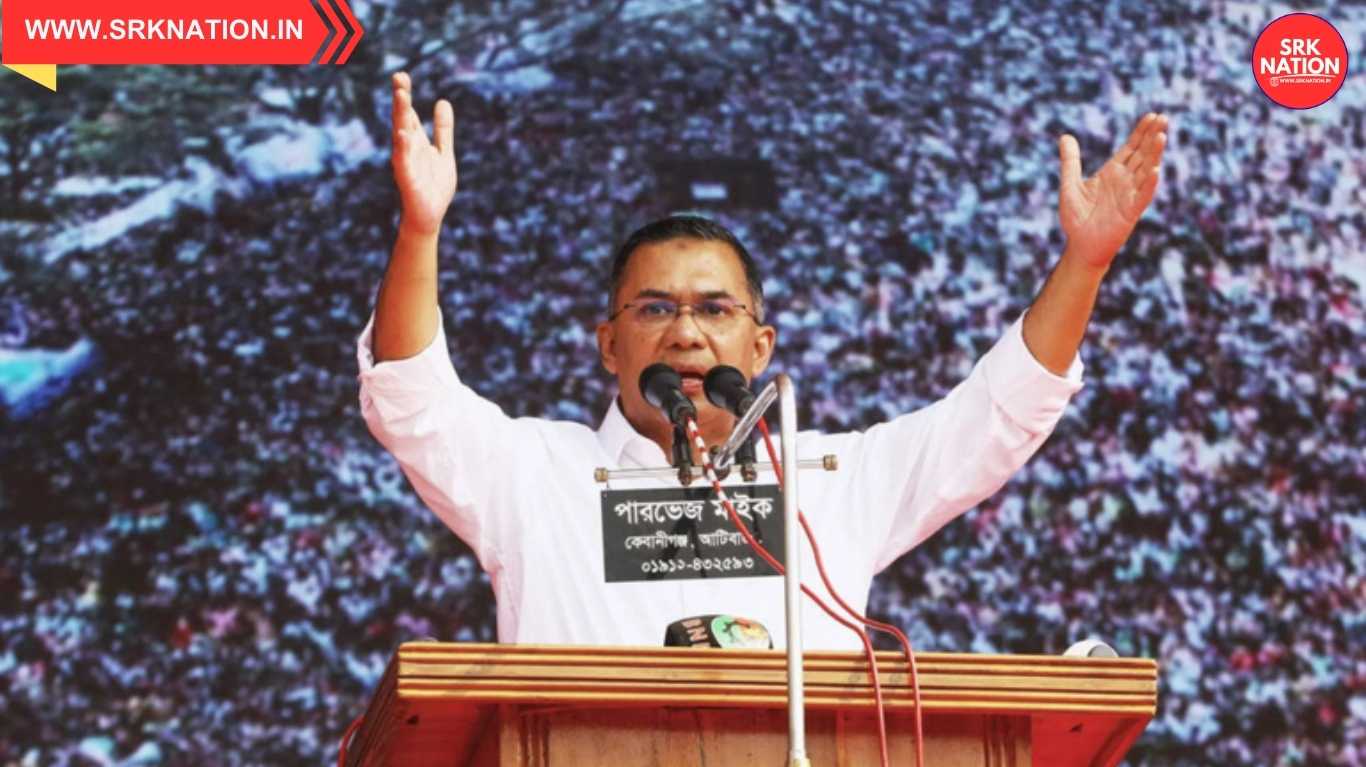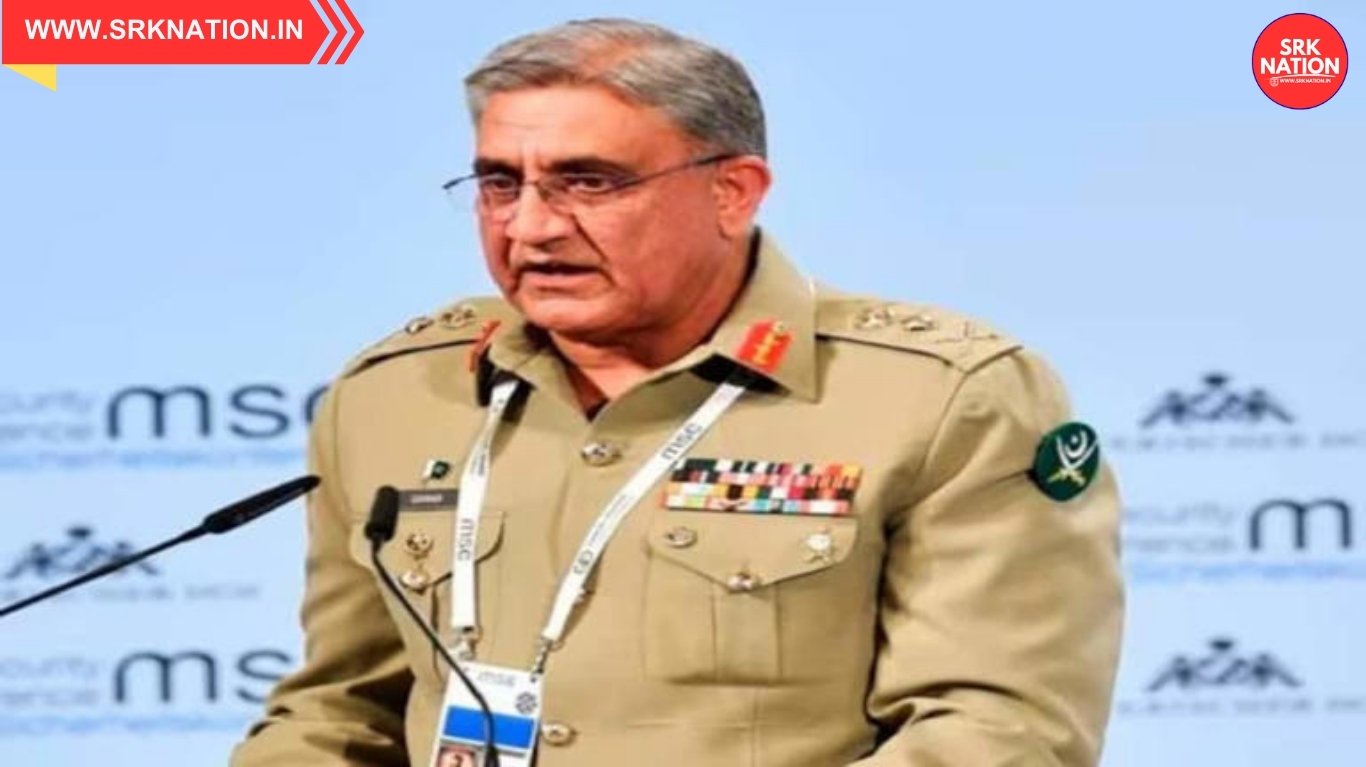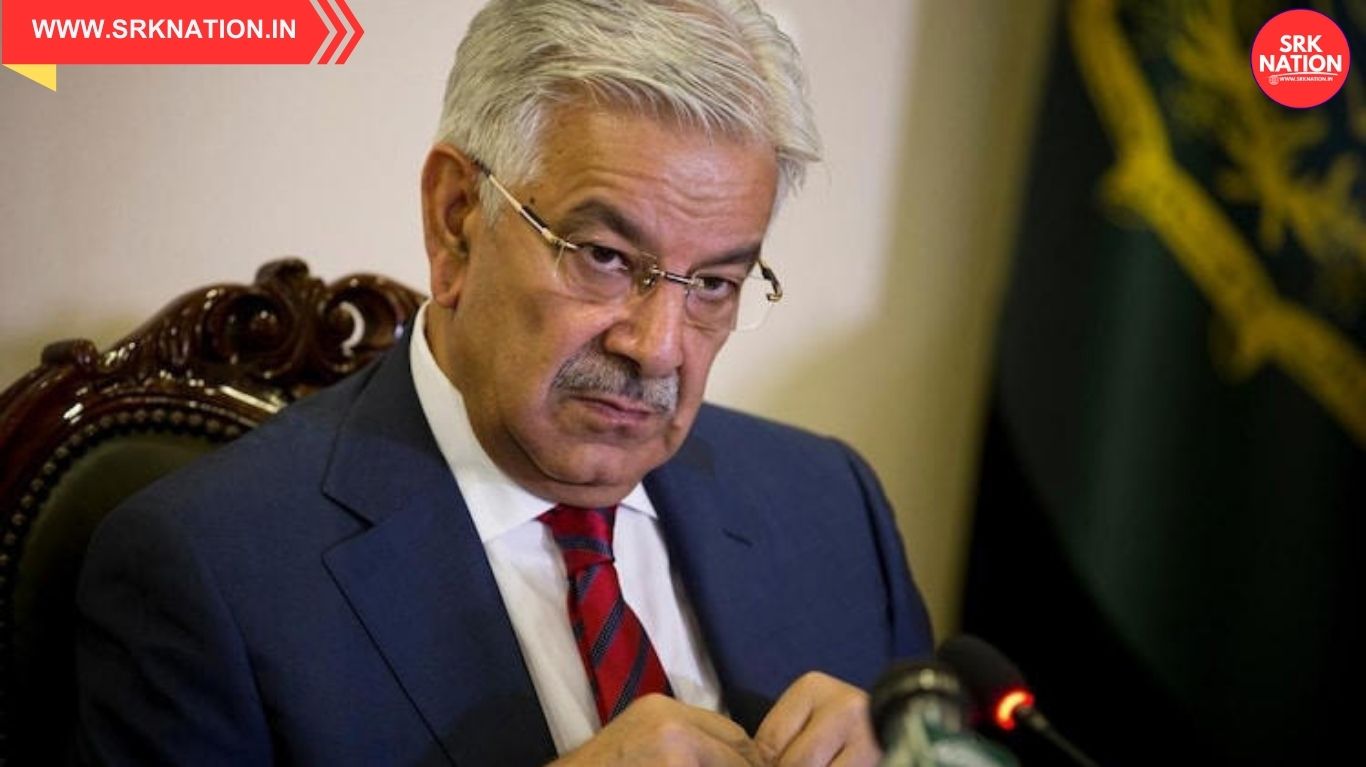In a significant diplomatic engagement aimed at reinforcing bilateral ties, Prime Minister Narendra Modi held talks with Nepal’s Interim Prime Minister Purna Bahadur Khadka on September 17, 2025, in New Delhi. The meeting, described by both sides as cordial and forward-looking, focused on strengthening India-Nepal relations across strategic, economic, and cultural domains. PM Modi reaffirmed India’s “steadfast support” to Nepal’s democratic transition, development goals, and regional cooperation initiatives.
The high-level dialogue comes at a time when Nepal is navigating political uncertainty ahead of its general elections, and India is recalibrating its neighbourhood-first policy to counter growing Chinese influence in South Asia.
Key Highlights from the Modi–Khadka Meeting
| Discussion Area | Summary |
|---|---|
| Democratic Transition | PM Modi assured full support for Nepal’s democratic institutions and electoral process |
| Infrastructure Cooperation | Review of cross-border connectivity projects including rail, road, and energy |
| Hydropower and Energy Trade | Expansion of India-Nepal power exchange and joint hydroelectric ventures |
| Border Management | Commitment to peaceful resolution of boundary issues and enhanced security coordination |
| Cultural and Religious Ties | Plans to promote tourism and heritage circuits linking Ayodhya and Janakpur |
| Regional Stability | Shared concerns over external interference and commitment to SAARC revival |
PM Modi emphasized that India and Nepal share a “unique and time-tested partnership” rooted in civilizational ties and mutual respect.
Strategic Infrastructure Projects Reviewed
| Project Name | Status |
|---|---|
| Jaynagar–Kurtha Railway Line | Operational; extension to Bijalpura underway |
| Raxaul–Kathmandu Expressway | Feasibility study completed; awaiting final approval |
| Arun III Hydropower Project | Under construction; expected to generate 900 MW |
| Integrated Check Posts (ICPs) | Birgunj and Bhairahawa ICPs operational; more planned |
| Cross-Border Oil Pipeline | Motihari–Amlekhgunj pipeline functional; second phase proposed |
Both leaders agreed to expedite pending projects and remove bureaucratic bottlenecks to ensure timely delivery.
Economic and Trade Cooperation
India remains Nepal’s largest trade partner and development contributor. The meeting focused on enhancing trade facilitation, digital payments, and investment flows.
| Economic Indicator | Value |
|---|---|
| Bilateral Trade (FY 2024–25) | $9.2 billion |
| Indian FDI in Nepal | $1.1 billion |
| Remittance Flow from India | $3.4 billion |
| Duty-Free Access | Over 500 Nepali products enjoy duty-free access to Indian markets |
PM Modi proposed a bilateral economic corridor to integrate Nepal’s manufacturing and agricultural sectors with Indian supply chains.
Cultural Diplomacy and People-to-People Ties
The leaders discussed initiatives to deepen cultural bonds and promote religious tourism.
| Initiative | Description |
|---|---|
| Ramayana Circuit | Linking Ayodhya, Janakpur, and other heritage sites |
| Pashupatinath–Kashi Corridor | Pilgrimage facilitation and infrastructure upgrade |
| Student Exchange Programs | Expansion of scholarships and academic partnerships |
| Language and Literature Forums | Joint Sanskrit and Nepali literary festivals |
PM Modi reiterated that cultural diplomacy is a cornerstone of India-Nepal relations and must be nurtured through inclusive platforms.
Border Management and Security Cooperation
Amid recent tensions over border demarcation and cross-border movement, both sides agreed to enhance coordination and resolve disputes through dialogue.
| Security Focus Area | Action Plan |
|---|---|
| Border Demarcation | Joint technical committee to resume work |
| Cross-Border Crime | Intelligence sharing and joint patrols |
| Disaster Response | Integrated early warning systems for floods and landslides |
| Cybersecurity Collaboration | Capacity building and joint training modules |
The leaders emphasized that border peace is essential for regional stability and economic integration.
Regional and Global Context
The Modi–Khadka meeting also touched upon broader geopolitical dynamics, including China’s Belt and Road Initiative (BRI), SAARC’s revival, and climate change.
| Regional Issue | India–Nepal Position |
|---|---|
| Chinese Influence | Nepal reaffirmed commitment to balanced diplomacy |
| SAARC Revival | Joint push for reactivating regional cooperation mechanisms |
| Climate Resilience | Collaboration on Himalayan ecosystem protection |
| Multilateral Forums | Coordination at UN, BIMSTEC, and G20 platforms |
India assured Nepal of continued support in global forums and emphasized the importance of regional unity.
Political Significance of the Meeting
The timing of the meeting is politically significant for both countries. For Nepal, it signals continuity in foreign policy amid leadership transition. For India, it reinforces its strategic outreach ahead of the 2026 general elections and counters regional competition.
| Political Impact | Implication |
|---|---|
| Nepal’s Interim Leadership | Gains legitimacy and diplomatic backing |
| India’s Neighbourhood Policy | Strengthens narrative of regional leadership |
| Opposition Response in Nepal | Mixed reactions; calls for transparency |
| Indian Political Circles | Broad support for Modi’s engagement strategy |
The meeting is expected to set the tone for future bilateral engagements and institutional dialogues.
Conclusion: A Renewed Commitment to Shared Prosperity
Prime Minister Narendra Modi’s reaffirmation of “steadfast support” to Nepal during his talks with Interim PM Purna Bahadur Khadka underscores India’s enduring commitment to its Himalayan neighbour. From infrastructure and energy to culture and security, the meeting laid out a comprehensive roadmap for deepening bilateral ties.
As both nations navigate domestic transitions and regional challenges, their partnership remains a pillar of stability, growth, and shared heritage in South Asia.
—
Disclaimer: This article is based on publicly available government statements, verified news reports, and diplomatic briefings. It is intended for informational purposes only and does not constitute foreign policy or political advice. All developments are subject to change based on official updates.


